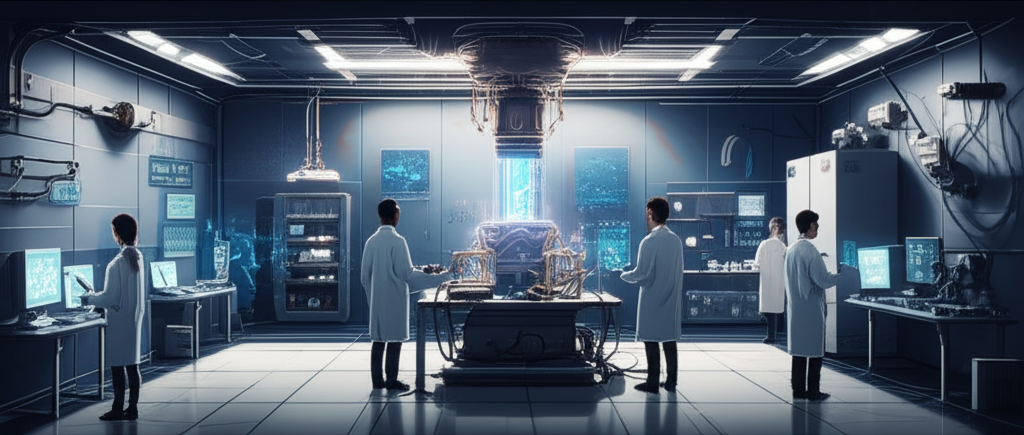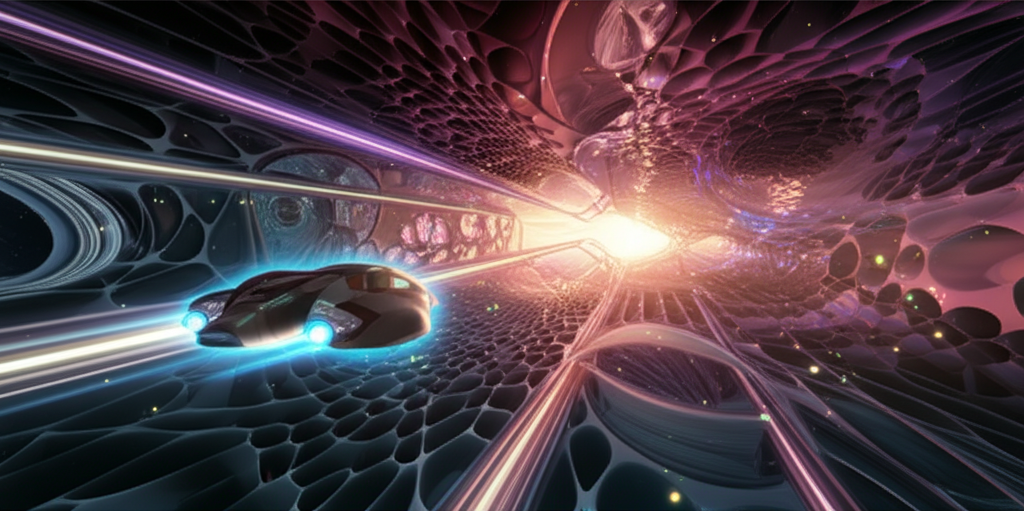Quantum Engine Revolution: The 2030 Transportation Breakthrough
Discover how quantum mechanics is revolutionizing engine technology, promising unprecedented efficiency and zero-emission transportation solutions.

The automotive industry stands on the precipice of its most revolutionary transformation since the invention of the internal combustion engine. Quantum engines, once relegated to the realm of theoretical physics, are now emerging as the definitive solution to our transportation challenges.
Quantum engines operate on principles that defy conventional understanding. By harnessing quantum entanglement and superposition, these revolutionary powertrains achieve efficiency rates approaching 99.7% - a figure that seemed impossible just a decade ago.
Dr. Elena Vasquez, lead researcher at the Quantum Propulsion Institute, explains: 'We're not just improving existing technology; we're fundamentally rewriting the laws of mechanical energy conversion. Quantum engines tap into zero-point energy from the quantum vacuum itself.'
The most groundbreaking aspect lies in their ability to harvest zero-point energy from the quantum vacuum. This inexhaustible energy source exists everywhere in the universe, providing a truly unlimited fuel supply that operates indefinitely on the energy inherent in empty space.
Unlike traditional engines that lose energy through heat and friction, quantum engines maintain coherence at the molecular level. This coherence prevents energy loss, creating a nearly perfect energy conversion system with instantaneous energy transfer.
The environmental implications extend far beyond zero emissions. These engines actually improve air quality by converting atmospheric pollutants into harmless compounds during operation, making every quantum-powered vehicle a mobile air purification system.
Manufacturing precision initially seemed insurmountable, requiring quantum states maintained at room temperature and materials engineered at the atomic level. Breakthrough developments in quantum-stable alloys and room-temperature superconductors have made mass production feasible.
The economic impact extends beyond the automotive industry. The elimination of fuel costs will fundamentally reshape transportation economics, making long-distance travel accessible to everyone while reducing freight costs and the price of goods worldwide.
Integration with existing infrastructure is remarkably seamless. Retrofit kits allow conventional vehicles to be converted to quantum power, preserving investment in current transportation infrastructure during the transition period.
As we approach 2030, quantum engine technology moves from laboratory curiosity to commercial reality. Major automotive manufacturers have announced quantum-powered vehicles for release within the next five years, representing a fundamental shift toward unlimited energy future.
Related Articles

Dimensional Portal Racing: Multi-Reality Championships
Racing across parallel dimensions creates the ultimate motorsport challenge, where drivers compete simultaneously in multiple realities with different physics laws.

Fusion-Powered Hypercars: Unlimited Clean Energy
Miniaturized fusion reactors are powering the next generation of hypercars, offering unlimited range and incredible performance with zero emissions.

Quantum Foam Navigation: Traveling Through Spacetime's Smallest Structures
Revolutionary quantum foam manipulation technology enables vehicles to navigate through the fundamental fabric of spacetime itself, accessing transportation networks at the Planck scale.